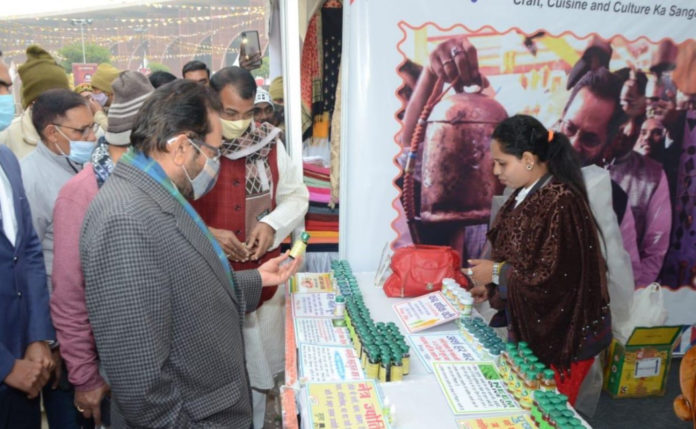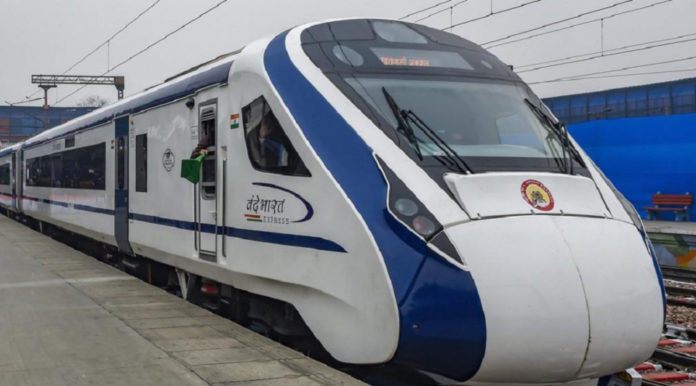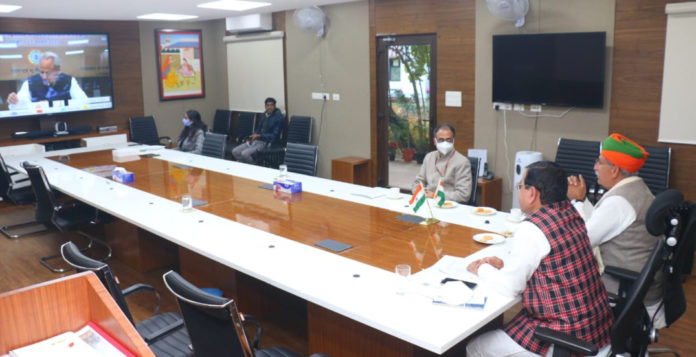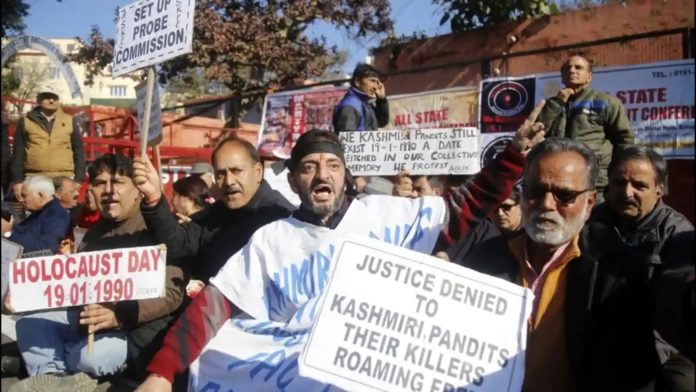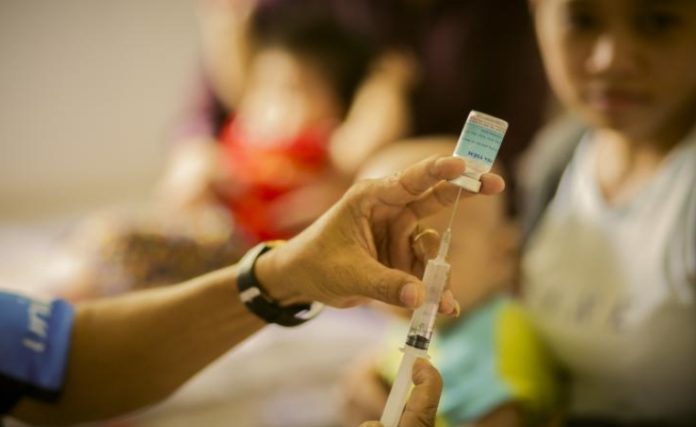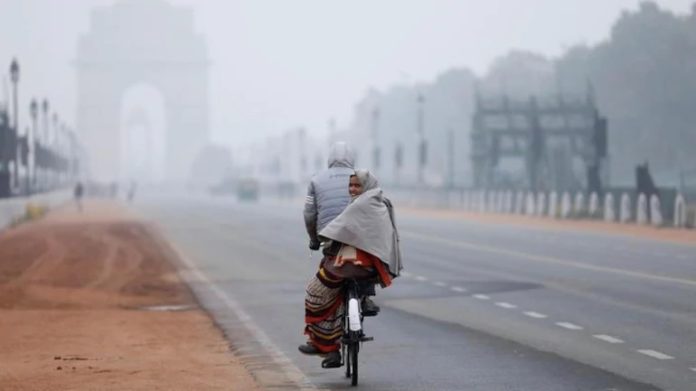New Delhi (NVI): A new World Economic Forum (WEF) report says that many companies can multiply their climate impact by decarbonising global supply chains and that this could be a game-changing opportunity to fight climate change.
The report, co-authored with Boston Consulting Group, is the second in WEF’s series for the Net-Zero Challenge.
According to the report, addressing supply-chain emissions enables many customer-facing companies to impact a volume of emissions several times higher than they could if they were to focus on decarbonizing their own direct operations and power consumption alone – and achieving a net-zero supply chain is possible with very limited additional costs.
As per the key findings of the report, for companies in most customer-facing sectors, end-to-end emissions are much higher than the direct emissions in their own operations (so-called Scope 1 and 2 emissions). By engaging suppliers to create a net-zero supply chain, companies can boost their climate impact, enable emission reduction in hard-to-abate sectors, and accelerate climate action in countries where it would otherwise not be high on the agenda.
Apart from that, the report states that eight supply chains account for more than 50% of global emissions. Food, construction, fashion, fast-moving consumer goods, electronics, automotive, professional services and freight account for more than half of all global greenhouse gas emissions. A significant share is indirectly controlled by only a few companies.
Another finding suggests that net-zero supply chains would hardly increase end-consumer costs. Around 40% of all emissions in these supply chains could be abated with readily available and affordable levers (<€10 per tonne of CO2 equivalent), such as circularity, efficiency and renewable power – with only marginal impact on product costs. Even with zero supply-chain emissions, end-consumer costs would go up by 1–4% at the most in the medium term.
However, the report also states that decarbonizing supply chains is hard. Even leading companies struggle to get the data they need and to set clear targets and standards to which their suppliers must adhere, it says.
Engaging an often-fragmented supplier landscape is challenging – especially when emissions are “buried” deep in the supply chain, or when addressing them might require collective action at the industry level, says the report.
-ARK


